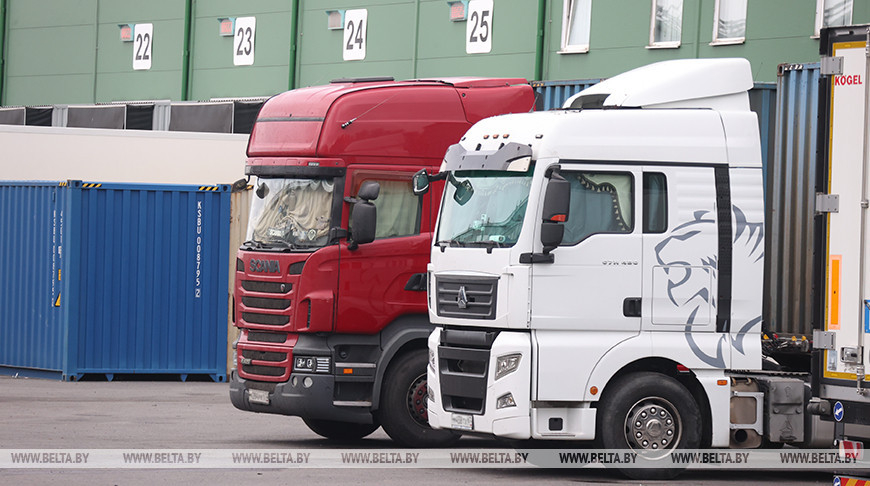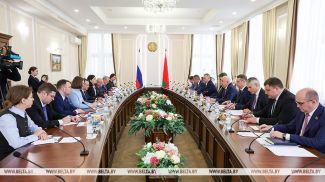
MOSCOW, 13 October (BelTA) - The Eurasian Economic Union (EAEU) is forming a unified transport and logistics space to overcome global challenges, Arzybek Kozhoshev, Member of the Board (Minister) for Energy and Infrastructure of the Eurasian Economic Commission (EEC), said at the international forum Eurasian Logistics Day, BelTA learned from the EEC press service.
Arzybek Kozhoshev explained that the EAEU is focused on three priorities: ensuring the unimpeded movement of goods, increasing the efficiency and connectivity of the transport system, and creating a common market for transport services. These objectives are being achieved through international coordination, infrastructure projects, and the implementation of digital technologies that break down barriers and create new opportunities for global logistics.
The digitalization of transport, particularly through the introduction of electronic waybills, navigation seals, and the implementation of the concept of intelligent transport systems, significantly enhances the efficiency of international logistics, making it seamless and reducing administrative barriers. In the end, all of this positively impacts the growth of trade between countries, Arzybek Kozhoshev said.
The EAEU is actively working on engagement with global initiatives, including the Belt and Road projects, the Northern Sea Route, and the Trans-Caspian route. The development of the North-South corridor from the Baltic Sea, through the Caspian, to the Indian Ocean is accelerating, and the modernization of the ports of Astrakhan and Aktau, along with new railways, is already having a positive impact on the growth of cargo traffic.
“The transport infrastructure of the EAEU countries is in a phase of active transformation, facing challenges from geopolitics, economics, and technology. However, the prospects remain optimistic: thanks to joint initiatives, digitalization, and international cooperation, the region can become a key hub of the global transport system,” Arzybek Kozhoshev stressed.













